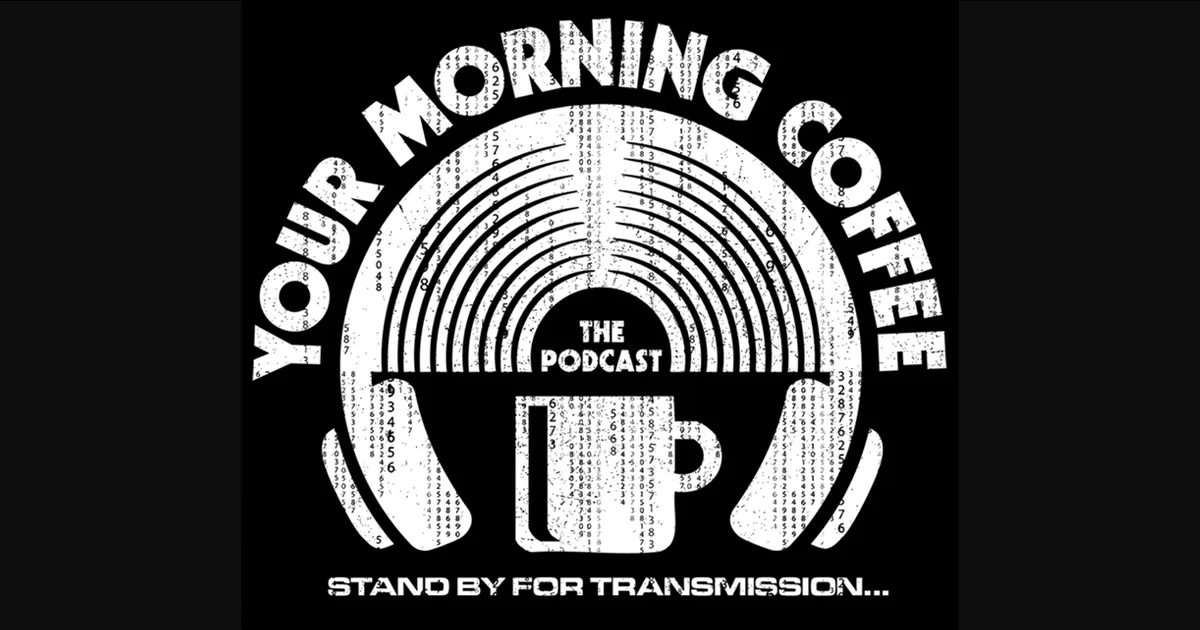The plaintiffs in the class action antitrust case against Apple, which has been pending for nearly ten years since the claim was initially filed in 2005, are finally having their day in court –
but already they're down by one.but the case's stability wavered when Judge Yvonne Gonzalez Rogers disqualified the only remaining named plaintiff. The class is alleging that Apple continually changed its software to stop competing music stores from allowing their music to run on iPods. By doing so, the plaintiffs allege, Apple harmed consumers and violated federal antitrust law, which prohibits business from agreeing on collusive practices that result in a restraint of trade and limit consumer options. Despite the current lack of plaintiff, Judge Rogers denied Apple's request to dismiss the class action lawsuit and will move the case forward.
The plaintiffs in this jury trial are asking for $350 million in damages. Furthermore, in an effort to deter antitrust violations, damages in antitrust actions are trebled, meaning that Apple could pay three times the plaintiffs’ asking price should they be found liable. Because of the increased exposure companies like Apple face, antitrust cases that are not dismissed during motions practice tend to settle.
While the jury trial therefore seems like bad news for Apple, defense attorneys for the technology giant are pushing back with testimony from numerous executives. On Thursday, iTunes chief Eddy Cue testified on behalf of Apple, claiming that the changes that form the basis of the plaintiffs’ antitrust case were implemented not to stifle competition but to protect Apple in its “never ending battle” against hackers. Cue pushed back against plaintiff attorney Bonny Sweeney’s efforts to suggest that Apple changed its practices only once it had a dominant market share, suggesting that Apple mapped out a conscious strategy from the beginning to push music companies to get on board with the then-nascent iTunes platform. Head of marketing Philip W. Schiller similarly testified that the iPod was designed from the beginning to work specifically with iTunes, and that any suggestion that the iPod ought to have been designed differently would be like demanding “two steering wheels in a car.”
Most dramatically, testimony from late Apple guru Steve Jobs was played on Friday, with Jobs’ testimony recorded several months before his death in October 2011. Jobs’ video testimony supported the claims made by Cue and Schiller, with Jobs stating that Apple “went to great pains to make sure that people couldn’t hack into [its] digital rights management system,” and that constant defensive measures were necessary to keep hackers at bay so that music labels would not yank the licenses Apple had negotiated.
Antitrust defenses often amount to claims that decisions were made for legitimate business reasons rather than to restrain trade, so aside from the drama of Jobs’ posthumous testimony, the defense was not particularly surprising. But another claim by Apple could prove more dramatic. Late Wednesday night, Apple contacted presiding Judge Yvonne Gonzalez Rogers and suggested that the iPod owned by Marianna Rosen, one of two named plaintiffs, may not have been bought in the period of time that the plaintiffs allege Apple was engaging in unfair practices. Apple also claimed that it asked for, and had not yet received, proof that the other named plaintiff, Melanie Tucker, bought her iPod during the relevant time period. On Friday, lawyers suing Apple withdrew Melanie Tucker, leaving Marianna Rosen as the only remaining named plaintiff.
When a class action is initiated, plaintiffs are required to specify named plaintiffs, whose interests must be sufficiently related to those of the class at large that they may properly serve as class representatives. Notably, federal courts are courts of limited jurisdiction, and it is the named plaintiffs whose particular grievances allow a class entry into the federal court where their high dollar claim must be adjudicated. If the claims of the named plaintiffs are found lacking, the entire class could no longer have jurisdiction to press their claim, which would mean the federal court would no longer hear the merits of the case and the claim against Apple would be permanently dismissed. Often when a trial is already underway, district judges are reluctant to take the case from the jury. But Judge Rogers seemed open to Apple’s claim, stating that, “I am concerned that I don’t have a plaintiff. That’s a problem.”
Apple formally requested the dismissal of the class action suit on Friday. If Judge Rogers were to agree with Apple that the named plaintiffs are not representative of the class, the case could be resolved in Apple’s favor without the jury ever deliberating. If not, the high-stakes trial will continue on into next week.
*At press time, there are no named plaintiffs, but the case will continue.




